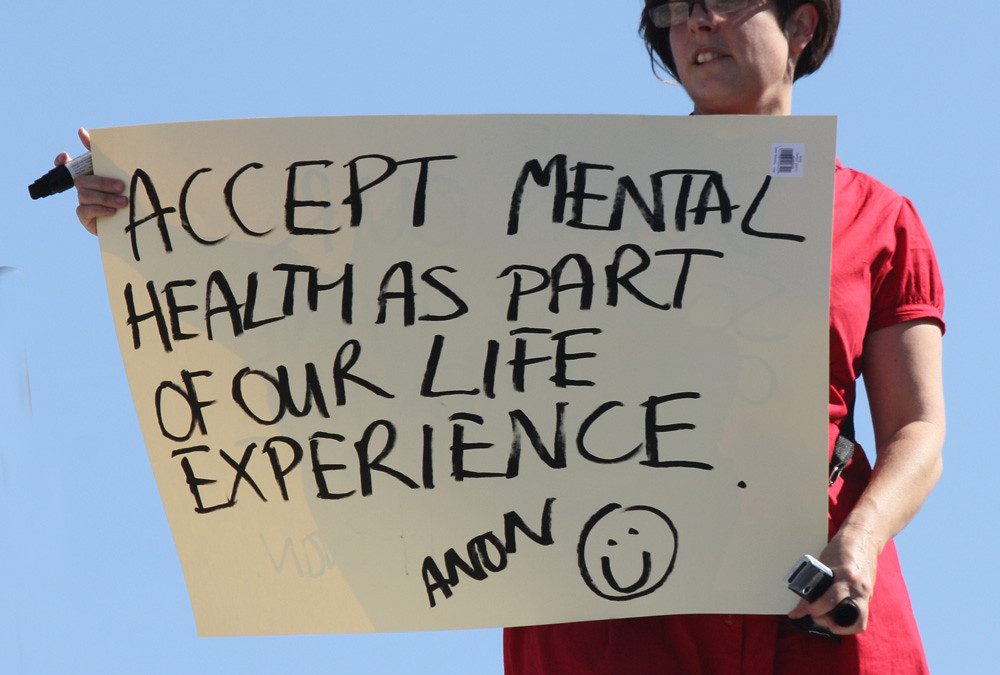WASHINGTON — As COVID-19 cases increase and Election Day looms, Americans are experiencing more stress than they did four years ago.
According to a survey released Oct. 7 by the Harris Poll on behalf of the APA, 67% of Americans said that the election adds stress to their lives. This is higher in than the 2016 election when only 52% of Americans said the election caused them to feel stressed.
“This is an election that people are invested in, and that includes emotionally as well as anything else,” said University of Michigan psychology professor David Dunning.
An Oct. 20 study by the American Psychological Society found 78% of adults cite the coronavirus as a significant factor in their stress levels. Similarly, 67% believe that the challenges of the United States as a whole add on to their current stresses. The study also found that people in the survey experienced symptoms of loneliness and uncertainty regarding the future of the virus.
Emma Adam, a human development and social policy professor at Northwestern University, said young adults, particularly those ages 18 to 23, are especially vulnerable.
“We do see signs of elevated depression and anxiety, particularly in the stress in America data, particularly among young adults,” said Adam. “… And they’re also the individuals most likely to live alone, but they’re also strongly affected by the economic and educational implications of COVID-19.”
Dunning said that there is also a rise in anxiety and stress among frontline workers in part because many are unable to see their families or loved ones.
According to the American Counseling Association’s Counseling Today, voters are anxious with not only about who will win the election but what that will mean for issues they care about most, such as health care and the economy.
“Certainly whatever the outcome of the election, we can expect a group that did not see the outcome that they wanted to that will likely show certainly increases in in stress and potentially increases in depression as well,” said Adam.
President Donald Trump Trump does not have an outlined mental health platform, but has tried to overturn the Affordable Care Act, with an administration challenge scheduled for Supreme Court review Nov. 10. If the law’s coverage of pre-existing conditions is overturned, people with mental health illnesses could lose their coverage, according to the Kaiser Family Foundation.
Former Vice President Joe Biden, according to his campaign’s website, wants to enforce mental health parity laws, reducing stigmas around mental health and funding for mental health programs.
Adam said the increase in people seeking therapy has prompted more discussion about mental health issues.
“I think that [pandemics] do provide one opportunity, which is that, because so many people are suffering, it helps to normalize stress, and it helps to normalize mental illness,” said Adam. “It makes it perhaps easier for people to talk about in this day and age because so many people are experiencing these things.”

